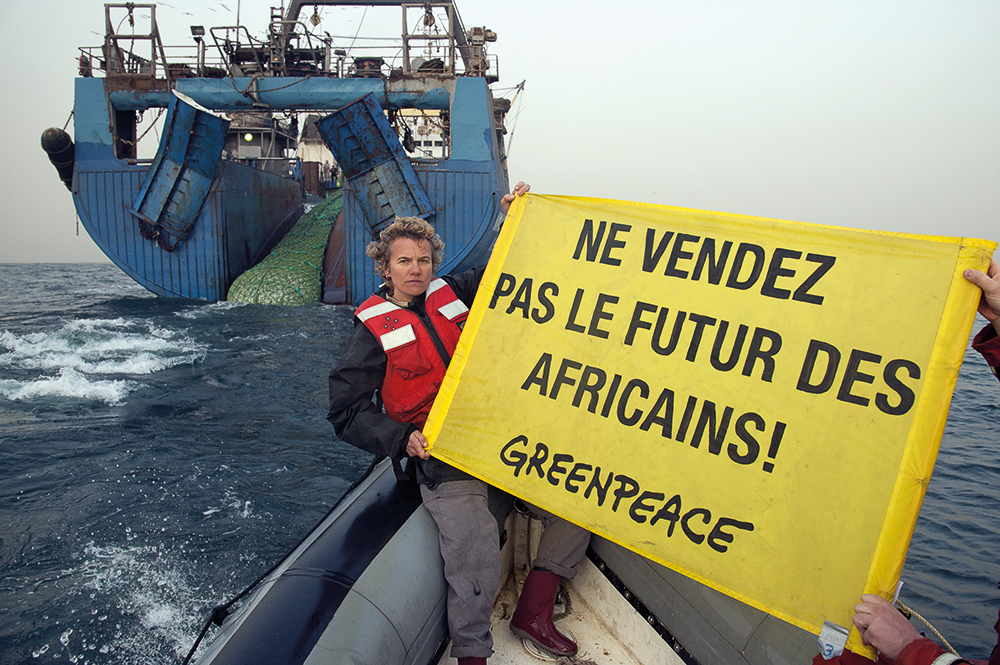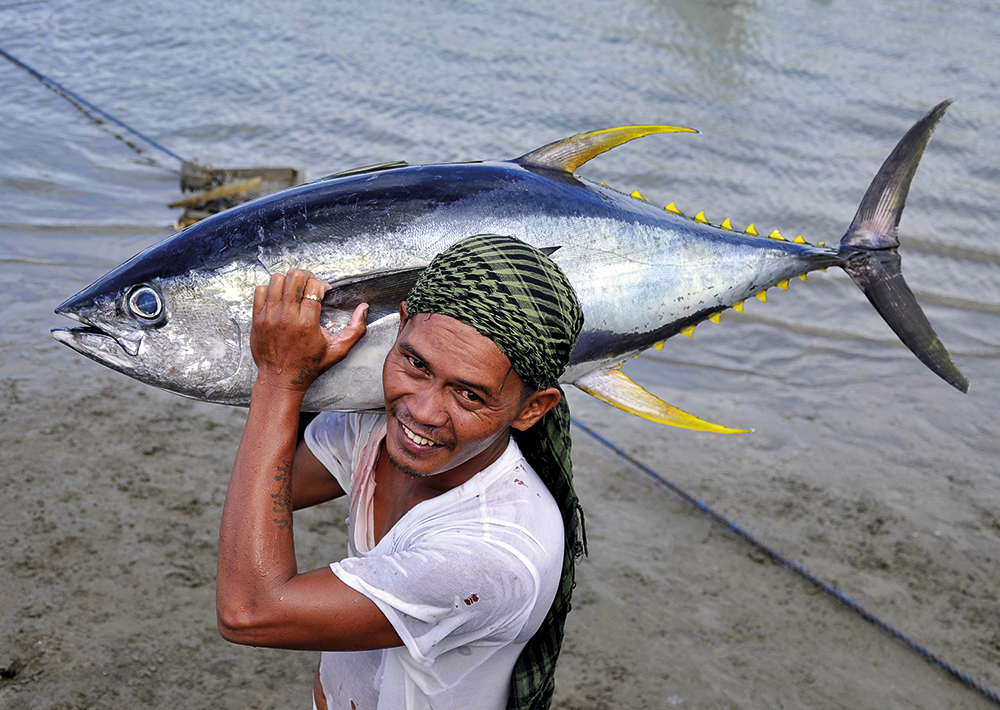Location
The international journal Rural 21 has dedicated more than 40 years to all topics surrounding rural development. Its ambition is to further those strategies and policies that strengthen rural areas of developing and newly industrialising countries and encourage their implementation. The journal addresses the complete range of relevant themes – from agriculture and fisheries via capacity building and education through to health and social security, energy supply and trade. Center-stage is always devoted to inquiring into how measures and strategies can contribute to global food security and to reducing poverty.
Rural 21 desires to further the dialogue between science and politics, the private sector, civil society and practitioners. Two platforms are designed for this purpose: Rural 21 in print is published four times a year, each issue highlighting a specific focus of rural development – this print edition is read in more than 150 countries. In parallel, Rural 21 online keeps the rural development community up to date on news and events, scientific findings and other print and online publications.
Rural 21 is published by DLG-Verlag GmbH in Frankfurt/Germany. Financial partners are BMZ (German Federal Ministry for Economic Cooperation and Development), GIZ (Deutsche Gesellschaft für Internationale Zusammenarbeit), DLG (German Agricultural Society – Deutsche Landwirtschaft-Gesellschaft), SDC (Swiss Agency for Development and Cooperation) and Helvetas Swiss Intercooperation.
The first issue of Rural 21 dates back to 1968. From 1974 to 2007, the journal was published in three languages entitled "entwicklung & ländlicher raum" / "agriculture & rural development" / "agriculture & développement rural". In 2008, the journal was relaunched as "Rural 21".
Members:
Resources
Displaying 61 - 65 of 319Rebuilding soil natural capital
Throughout the world, demands on finite soil resources are ever increasing, and can lead to irreversible soil degradation, as the soil is used beyond its “bio-capacity”. A quarter of the inhabitated land area has already been affected by human-induced soil degradation. Against this background, soil remediaton is becoming more and more important. Focusing on the rehabilitation of oil-contaminated soil in Kuwait, the following article shows how it works, and where the problems lie
More than just a business
Family farming has many different meanings to many different people. While such farms come in all shape and sizes, one thing all practitioners agree on is that family farming is more than a business – it’s a way of life. The following article shows what constitutes this way of life, the challenges that family farms in Europe and throughout the world face and why and how the European Union supports this type of enterprise.
"We have inherited not only a piece of land, but also the responsibility to turn it into a home"
A focus edition on family farming would hardly be credible without giving the family farmers themselves an opportunity to speak. We talked to Moses Munyi, the owner of a six-hectare farm in Embu, Kenya, about his everyday life and about his views of the prospects for farming in the future.
Integrated Watershed Management – an approach with a number of stumbling-blocks
Integrated Watershed Management represents an option for the management of water catchment areas. However, what may sound good in theory often proves to be very difficult when it comes to practical implementation, as an example from the Lower Mekong Region shows.
Strenghthening family farms in Mercosur
For a long time, the agricultural policies of the Mercosur states ignored family farming, focusing on promoting individual crops and export production instead. Rural development was not on the agenda. Only after the turn of the millennium did a process of rethinking set in.






